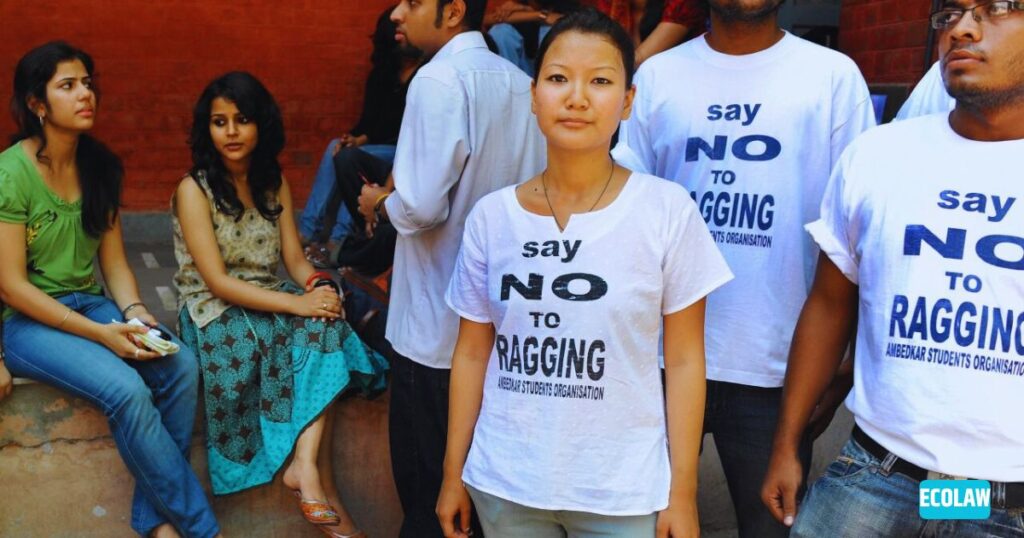Do you know your legal rights as a student? Most Indian students don’t. And that’s why many end up being victims of unfair practices, harassment, or ignorance. Knowing your rights is like carrying an invisible shield—one that can protect your education, dignity, and future.
This article will uncover 5 essential legal rights every Indian student must know. Let’s dive in!
Overview of Student Rights in India
India’s Constitution and various laws safeguard the rights of students. These aren’t just legal jargons; they’re tools to ensure you get quality education in a safe, non-discriminatory environment. Educational institutions are legally obligated to follow these guidelines.
1. Right to Education (RTE)
Constitutional Provision (Article 21A)
Under Article 21A, every child between 6 to 14 years has the right to free and compulsory education.
Applicability and Scope
This law applies to all schools—government and private—ensuring basic education for every child.
Free and Compulsory Education
Schools cannot charge tuition fees for children covered under RTE.
Government Responsibility
The State must ensure proper infrastructure, trained teachers, and a safe learning environment.
2. Right Against Ragging

What is Ragging?
Ragging includes any act of teasing, harassment, or physical/mental abuse toward students.
UGC Guidelines on Ragging
The University Grants Commission (UGC) has strict anti-ragging laws.
Helpline Numbers and Complaint Process
Students can call 1800-180-5522 (24×7 helpline) or complain online.
Punishment for Offenders
Ragging can lead to suspension, rustication, or even imprisonment under IPC sections.
3. Right to Equality and Non-Discrimination
Article 14 and 15 Explained
Article 14 guarantees equality before law; Article 15 prohibits discrimination on caste, religion, sex, or race.
Reservation Policies
Reserved categories (SC, ST, OBC, EWS) have rights to specific quotas in admissions.
Gender Equality in Campus
Institutions cannot enforce rules that discriminate based on gender.
Caste and Religion-Based Discrimination Prohibition
Harassing someone for their caste or religion is a punishable offense.
4. Right to Information
Using RTI in Educational Context
The Right to Information Act, 2005 empowers students to access institutional data.
How Students Can Request Information
Students can file RTI applications to know about admissions, results, or fee structure.
Fee Structure, Exam Results, Admission Process
You can legally demand transparency from schools and colleges.
5. Right to Safety and Privacy
Data Privacy in Digital Education
With online learning, institutions must protect students’ personal data.
Safety Guidelines in Campus
Colleges must provide secure facilities, including CCTV and grievance cells.
Sexual Harassment of Women at Workplace Act (POSH)
This act applies to universities and colleges to prevent harassment.
Complaint Mechanism in Colleges
Institutions must have an Internal Complaints Committee (ICC) for addressing such issues.
Other Important Rights for Students
- Right to Free Speech: Students can express opinions, but within reasonable limits.
- Right to Participate in Union Activities: Freedom to form or join student unions.
Common Challenges in Exercising Rights
Despite having rights, students often face:
- Lack of awareness
- Fear of authority
- Institutional negligence
How to Assert Your Rights
- Contact the grievance redressal cell in your college
- File complaints via official helplines
- Seek legal aid if necessary
Conclusion
Legal rights empower students to pursue education fearlessly. Awareness is the first step toward change. Remember, these rights aren’t privileges—they’re your constitutional guarantees.
Also Read: 5 Economics Theories That Shape Indian Law
FAQs
1. Is ragging a criminal offense in India?
Yes, ragging is a criminal offense under IPC and can lead to imprisonment.
2. How can students file an RTI request?
File an application online or offline under the RTI Act to the concerned authority.
3. Are private colleges also bound by RTE?
Yes, private schools must reserve 25% seats for economically weaker students.
4. What to do in case of discrimination?
Report to college authorities, lodge a complaint with the UGC, or approach court.
5. Can students take legal action against unfair fees?
Yes, they can file complaints with the education department or consumer court.